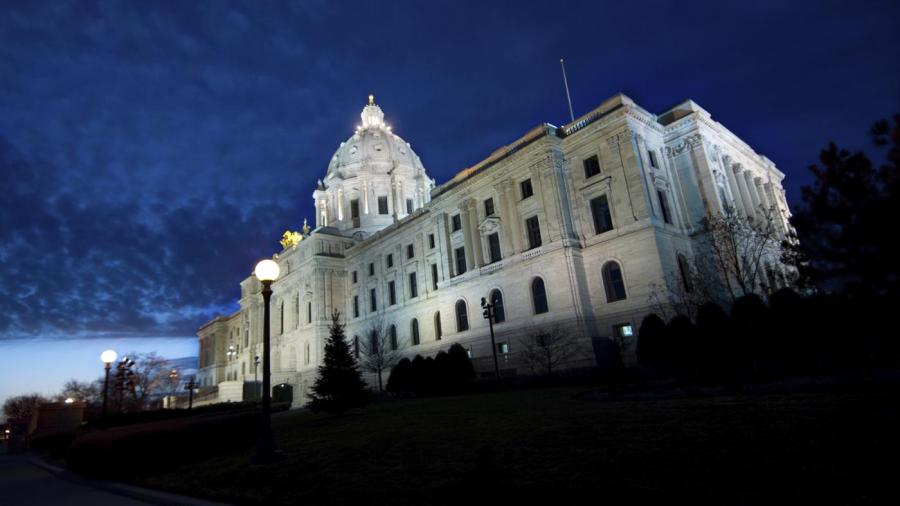Why Are States Called Laboratories of Democracy?

The individual states in the United States are sometimes called “laboratories of democracy” because they can experiment with innovative policy ideas. This allows other states and the nation as a whole to see if the new ideas work or not before they adopt them.
The idea that states are ideal laboratories for democracy was popularized in the New State Ice Co. v. Liebmann case by U.S. Supreme Court Justice Louis Brandeis. This idea derives from the federal system of government on which the U.S. system rests, in which the federal government and the state governments control overlapping but distinct administrative functions.
Many states have been laboratories for new ideas. For example, in 2012, Washington and Colorado passed laws legalizing recreational marijuana use. Although such use is illegal nationally and in all other states, Washington and Colorado are seeing whether drug legalization is a benefit or a detriment to society. If it goes well there, similar laws could pass in other states and eventually even the entire U.S.
Political experiments like this have happened throughout U.S. history. One much older example is a woman’s right to vote. Though the nation as a whole did not permit women to vote until the passage of the 19th amendment in 1919, many states had given women the right to vote far sooner than that. When giving women the vote in Wyoming, California and other states did not cause disaster, other states went along, a trend that culminated in the passage of the 19th Amendment.





